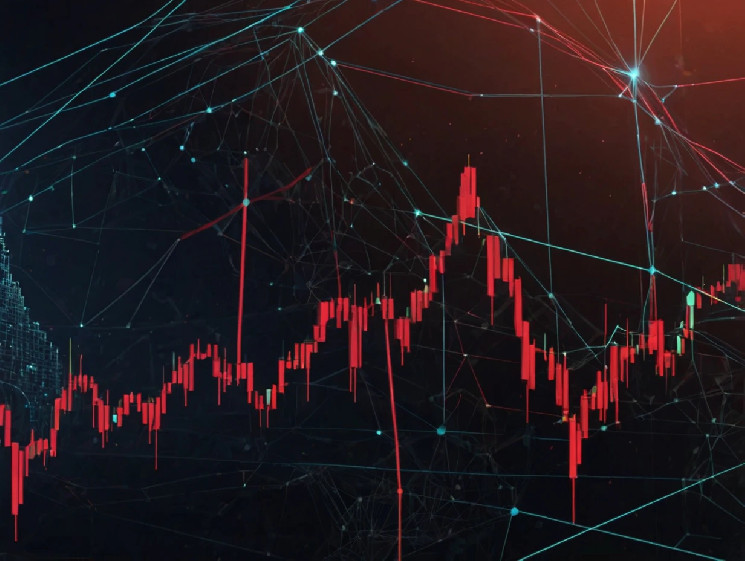In response to escalating regulatory pressures and an impending blockade by the Philippines Securities and Exchange Commission (SEC), Binance, a prominent cryptocurrency exchange, has announced the cessation of support for Tron network-based USD Coin (USDC) stablecoins. This strategic move comes on the heels of Circle’s withdrawal from the Tron blockchain, as regulatory scrutiny intensifies across various jurisdictions
Binance ends Tron USDC support
Binance’s decision to terminate support for Tron-based USDC was communicated through a statement indicating that the cessation of support would come into effect by April 5. Notably, transactions involving USDC via other supported networks, such as Ethereum, remain unaffected by this change.
With less than two weeks’ notice, Binance users utilizing Tron-based USDC must swiftly withdraw their assets or convert them to USDC on alternative networks. The decision underscores the challenges faced by cryptocurrency exchanges amidst a rapidly evolving regulatory landscape, with the Philippines SEC’s move representing the latest in a series of regulatory setbacks for Binance.
As the cryptocurrency industry grapples with increased scrutiny and regulatory compliance demands, exchanges must navigate complex regulatory frameworks to maintain operational integrity and ensure compliance with evolving standards.
Reasons behind the decision
The abrupt end to support for Tron-based USDC follows Circle’s announcement of its departure from the Tron blockchain, citing an “enterprise-wide approach” involving various departments, including business organization and compliance.
Justin Sun, the founder of the Tron network, acknowledged Circle’s decision, highlighting the decentralized nature of the blockchain akin to Bitcoin and Ethereum. Circle’s disassociation from Sun last year, prompted by concerns raised by international bodies like the United Nations regarding alleged involvement in illicit financial activities, likely contributed to this move.
Simultaneously, the Philippines‘ Securities and Exchange Commission (SEC) has announced plans to block access to Binance for its citizens within the next three months. The SEC has raised concerns over Binance’s unregistered status in the country, emphasizing the need to safeguard the public from potential risks associated with unregulated investment products.
The financial regulator has also urged tech giants Google and Meta to cease Binance-related advertising targeting Filipino users on their platforms. Last year, the Philippines SEC issued a cautionary advisory against Binance, highlighting its unregistered operations in the Asian country.
Navigating global regulatory waters
The move to block Binance in the Philippines marks the latest regulatory setbacks for the cryptocurrency exchange. Binance has faced heightened scrutiny across various jurisdictions, including the United States and Nigeria.
These regulatory challenges underscore the evolving landscape of cryptocurrency regulation globally, with authorities increasingly focusing on ensuring compliance and consumer protection within the burgeoning crypto industry.
Binance’s decision to cease support for Tron-based USDC and the impending regulatory blockade in the Philippines highlights the complex regulatory environment shaping the cryptocurrency landscape. As the industry matures, exchanges and blockchain projects must navigate regulatory requirements to maintain operational integrity and ensure compliance with evolving standards.
 cryptopolitan.com
cryptopolitan.com
